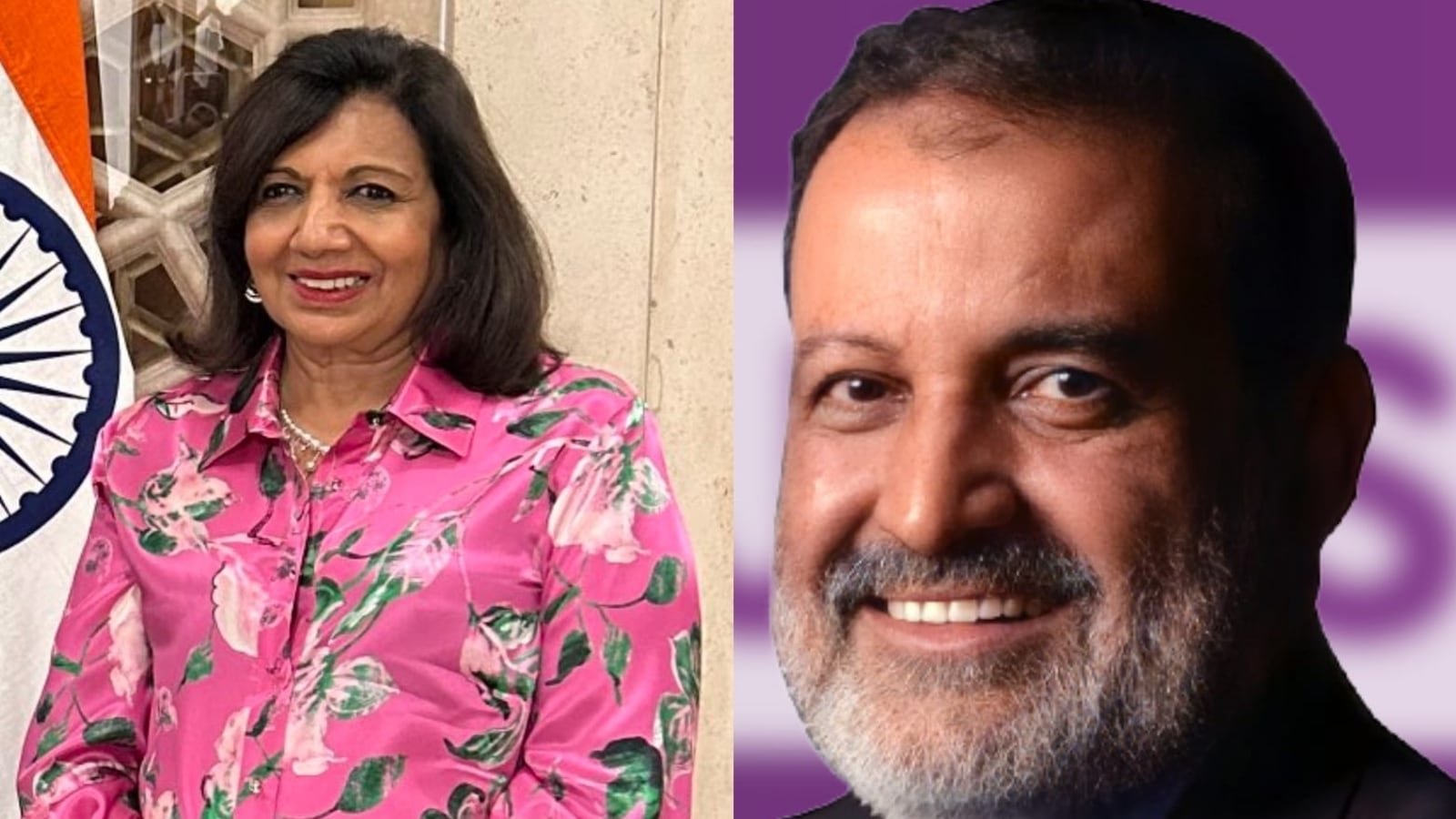In a rare public rebuke, Kiran Mazumdar-Shaw, the Executive Chairperson of Biocon, condemned what she described as “deeply entrenched corruption” in Karnataka. Responding to a post by T.V. Mohandas Pai that listed India’s “most corrupt departments,” Mazumdar-Shaw expressed frustration at the state’s moral decay.
“If police and regulators are so corrupt, how can we be proud of our state?” she asked on X (formerly Twitter), tagging Chief Minister Siddaramaiah and Deputy CM D.K. Shivakumar. Her words, while brief, struck at the heart of a long-festering issue in one of India’s most economically dynamic states — the widening gap between governance rhetoric and on-ground integrity.
FCRF Launches CCLP Program to Train India’s Next Generation of Cyber Law Practitioners
Mazumdar-Shaw’s intervention came as Karnataka continues to grapple with perceptions of bureaucratic inefficiency and extortion within its public systems, an image that many in the state’s vibrant tech and biotech sectors say undermines investor confidence.
Mohandas Pai’s Warning on “Rampant Corruption”
The flashpoint for the exchange was a post on October 1 by Mohandas Pai, former Infosys CFO and now a leading investor and policy voice, who tagged CM Siddaramaiah asking how he planned to combat “rampant corruption.” Pai wrote, “Our leaders, who call themselves socialists and saviours of the poor, are not able to control corruption. Sir, please fight corruption here.”
Alongside his appeal, Pai shared a list ranking India’s “most corrupt departments.” According to the data, legal metrology, food and drug, and healthcare were among the worst offenders, followed by the labour and provident fund departments. Property and land registration authorities came next, while excise officials were rated as the “least corrupt.”
His post struck a chord with entrepreneurs and civil society figures alike, who have long argued that the cost of doing business in India remains inflated by graft and bureaucratic opacity — factors that choke both growth and trust in institutions.
From State Scandals to National Frustration
Pai’s critique did not stop at Karnataka. Soon after his post went viral, he turned his attention to national governance, citing a recent announcement by Wintrack Inc. that it would halt all import and export operations in India due to alleged harassment by Chennai Customs.
“Madame Nirmala Sitharaman, this is not acceptable,” Pai wrote, addressing the Union Finance Minister directly. “You have failed to stamp out systemic corruption in our ports. Please stop this.” He tagged both Sitharaman and Prime Minister Narendra Modi, accusing the government of failing to deliver on its promise of a “corruption-free rule.”
Pai’s remarks also reignited debate around “tax terrorism” — a term used by Indian business leaders to describe coercive and arbitrary tax enforcement. He cited figures from the Union Budget indicating that ₹30 lakh crore remains locked in tax disputes, with roughly 80 percent deemed recoverable, and an additional ₹15 lakh crore classified as “non-recoverable” due to missing assets or defunct assessees.
A Mirror to India’s Governance Crisis
The twin outbursts from Mazumdar-Shaw and Pai — two of India’s most respected corporate voices — underscore a growing anxiety within the business community. Their public tagging of political leaders, from state chief ministers to the Union finance minister, represents an escalation in tone rarely seen in India’s corporate circles, where criticism of government policy is often tempered or indirect.
The episode has reignited broader questions about how corruption and administrative arbitrariness continue to erode institutional credibility, despite decades of reform. It also reveals a shifting dynamic: corporate India, once content to operate quietly within the system, is increasingly willing to challenge it in public view.
As the debate continues online, what began as a social media exchange has morphed into a national reckoning — one that touches not only Karnataka’s governance but also India’s wider struggle to reconcile growth with integrity.



